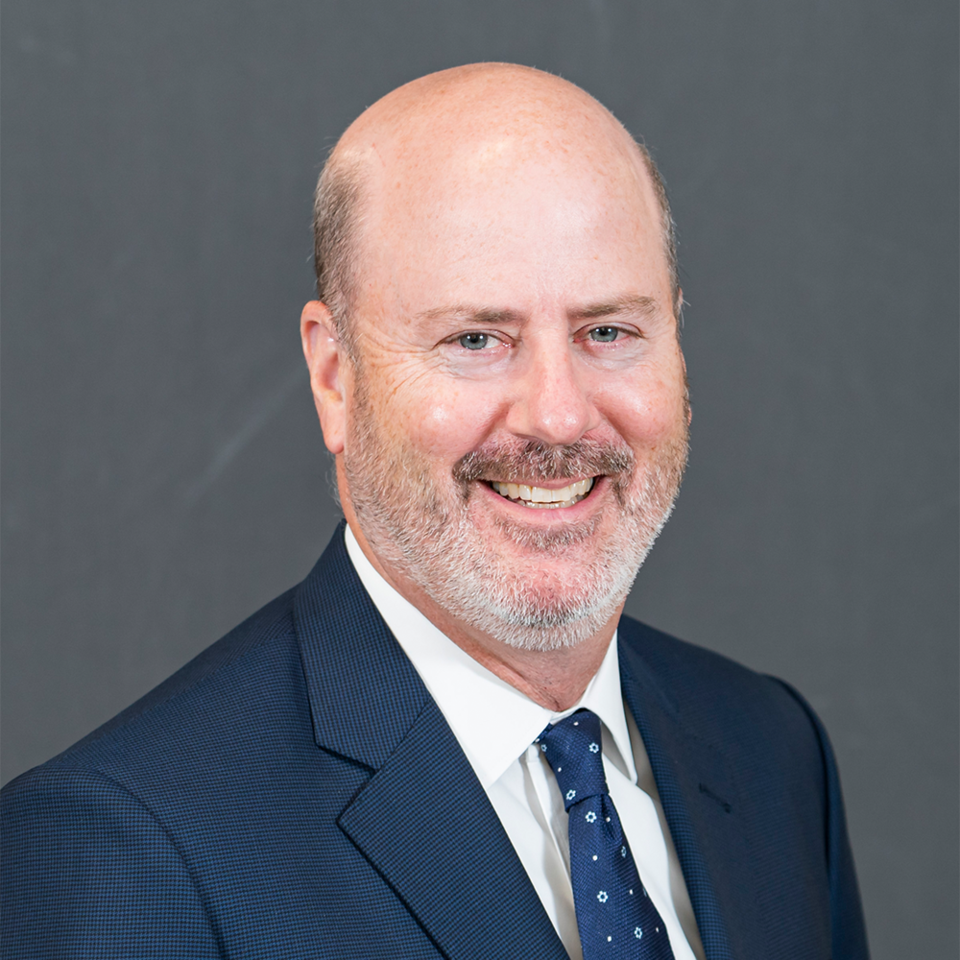Canada is re-launching its post-COVID engagement with Asia with a bang – with the largest-scale conference of its kind for decades, slated for Singapore in February.
Dubbed the “Canada-in-Asia” Conference,” the event – co-hosted by the Asia Pacific Foundation of Canada and Universities Canada – will aim to bring together 500 participants to Singapore’s Raffle City Convention Centre on Feb. 21-23, including some of the biggest names associated with Canada’s outreach in Asia over the last 30 years.
The conference is the largest public-private sector conference put on in the name of promoting Canada in the Indo-Canadian marketplace since at least 1988, said Asia Pacific Foundation President/CEO Jeff Nankivell.
The former Canadian consul general to Hong Kong said the conference came about after brainstorming with B.C. expat business stalwart Sheldon Trainor – a UBC graduate whose illustrious career in Asia covered executive posts with companies such as Merrill Lynch, Morgan Stanley and Macau Legend Development in markets like Hong Kong and Singapore.
“We were brainstorming on what could we really do to get a critical mass of Canada-connected people together in Asia for something that really makes a splash,” Nankivell recalled. “And we hit on the idea of talking with universities to see if we can work together, have each school bring their alumni from across Asia, and then building on that.
“So you get that core, then you build on it by bringing in Canadian corporate leaders, the different chambers of commerce around the region, Canada’s diplomatic representatives and others to do both a regional meeting for themselves and to join this conference. And that’s basically what happened.”
The conference current has a slate of speakers that’s practically a who’s-who list of Canada’s recent engagement in Asia. Top of the list is Rio Tinto chair Dominic Barton, who has just completed in 2021 an eventful three-year posting in Beijing as Canada’s ambassador to China.
Other major speakers include leading AI researcher Yoshua Bengio of Montreal, Invest in Canada CEO Laurel Broten, Business Council of Canada president/CEO Goldy Hyder, Export Development Canada president/CEO Mairead Lavery and Sun Life president/CEO Kevin Strain. Organizers say the list of speakers are still expanding as of late January.
The need for the large-scale event cannot be overstated, Nankivell said. Both Asia and Canada, he noted, are coming out of three years of relatively low conference or face-to-face activity after the COVID pandemic shut down global travel for years after 2020. With the world ready to re-engage, a major gathering of Canada-connected individuals in decision-making positions is crucial to create momentum as Canada re-emerges in the region as a brand.
“If you think about it, how would anyone in Asia hear about Canada through word-of-mouth?” Nankivell said. “The people who have actual experience in Canada are a major source of that. So if you are the national agency responsible for attracting foreign direct investment to Canada, and you have a new message to get out there to the marketplace... This is a way you can talk to people with Canadian experiences in Asia for them to bring that message back to their home markets.”
The reach of the event was also a consideration when it comes to the location of the conference. With Canada announcing its new Indo-Pacific Strategy late last year, there is more emphasis than ever of a renewed interest in diversifying to Southeast Asia and India. Singapore, Nankivell said, is located at the crossroads of both those regions and the traditional business strongholds in East Asia, allowing the maximum geographical spread of representatives to attend.
“In my mind, the objective of this undertaking is fairly simple,” he said. “It’s to broaden and deepen networks for Canada across Asia – for universities, for the chambers of commerce. Membership should increase based on the opportunities here, and we will be checking in with groups afterwards to see if we’ve succeeded.”
The current conference’s funding is coming from a mix of sources: About a third from one-time federal funding, the rest coming from the universities, crown corporations and other sponsors. But Nankivell said that – if everything turns out the way it was planned – he would like to see the Canada-in-Asia Conference happen once every two years, just to ensure that there is a sustained effort in boosting Canada’s reach into Asian markets moving forward.
“In the future, this would be done as part of this new initiative by the Asia Pacific Foundation of Canada to have a hub in Asia,” he said, noting his group is working to have some sort of office operating overseas in about a year’s time. “If our partners in the conference are happy with the outcomes this year, then we will plan to do another one in 2025.”
More information on the Canada-in-Asia Conference can be found at www.canada-in-asia.ca.



